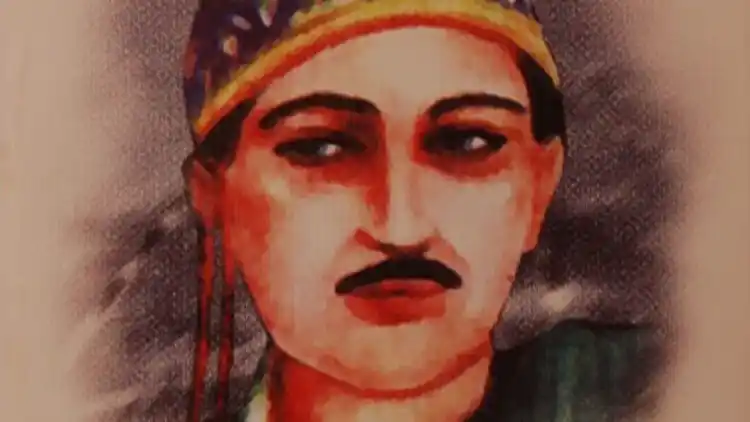
 Saquib Salim
Saquib Salim
Wali Muhammad, better known as Nazeer Akbarabadi, was arguably the first people’s poet in Urdu. Born in 1735, he lived in a time when the Mughal empire was declining and foreign rule was spreading its wings through India. The oppressive British rule had its foundations in dividing Indians along the sectarian lines. Nazeer witnessed the plight of the poor, peasants and workers around him under the foreign rule and wrote about their lives. The solution to all the problems lay in throwing off the yoke of foreign rule. Nazeer understood that the British rule gets its strength from the enmity between Hindus and Muslims. The people’s poet wrote about the lives of the Indians and syncretism.
In the 18th and early 19th centuries, Nazeer was writing poems highlighting the Indian culture where Hindus and Muslims lived together as one. He wrote several poems in praise of ‘Hindu’ festivals. The answer to any national problem, as per Nazeer, was unity among different religions.
Rakhi is one such poem, where Nazeer wrote in praise of Rakshabandhan, a festival where sisters tie a thread symbolising the sibling bond on the wrist of their brothers. The thread is called Rakhi and also symbolizes that the brother will protect his sister in all circumstances.
Nazeer draws a sketch of a beautiful rakhi bought from the market. A rakhi has silk threads of golden, green, yellow and scarlet colours. Such is its beauty that rich people consider it as their most prized possession.
chalī aatī hai ab to har kahīñ bāzār kī rākhī
sunahrī sabz resham zard aur gulnār kī rākhī
banī hai go ki nādir ḳhuub har sardār kī rākhī
(The market is full of Rakhi
Golden, green, yellow and scarlet silky Rakhi
As if Rakhi is the most precious for every chief)
Nazeer is envious of the persons who have a Rakhi tied around their wrists. They look pleasant wearing Rakhi and it makes him wish to become Brahmin (Hindu) for this one day.
machī hai har taraf kyā kyā salonoñ kī bahār ab to
har ik gul-rū phire hai rākhī bāñdhe haath meñ ḳhush ho
havas jo dil meñ guzre hai kahūñ kyā aah maiñ tum ko
yahī aatā hai jī meñ ban ke bāmhan, aaj to yaaro
(Everywhere smart men can be seen
Every beautiful face has a Rakhi tied around the wrist
What to tell about the desire of my heart
My heart wishes to turn into a Hindu for this day)
At the end of this long poem, Nazeer visualizes himself as a Hindu and becomes a part of the celebration by tying Rakhi himself. He writes;
pahan zunnār aur qashqa lagā māthe upar baare
'nazīr' aayā hai bāmhan ban ke rākhī bāñdhne pyāre
Wearing sacred thread (janeu) and tilak on forehead
‘Nazeer’ has come as a Brahmin to tie Rakhi)
The poem, indeed, is a tribute to Indian culture and an attempt to counter the divisive politics represented by the British. Sadly, in today’s India with higher literacy and spread of education this divisive politics, introduced by the British, is thriving and ideas represented by Nazeer Akbarabadi is being forgotten.
Saquib Salim is a Historian and a writer
